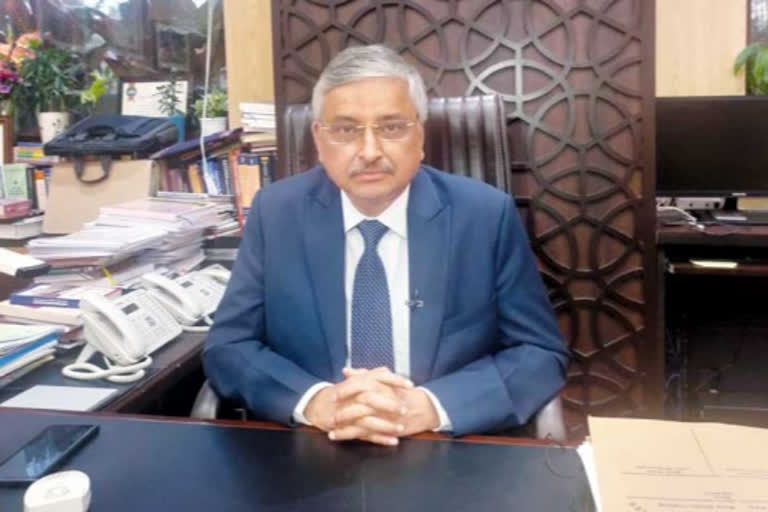New Delhi: AIIMS Delhi Director Dr Randeep Guleria on Friday said that the outcome of the joint survey by the World Health Organization and AIIMS, which found out that COVID-19 seroprevalence was 55.7 per cent and 63.5 per cent in the age group below 18 and above 18 age groups respectively, is "positive". However, he has pointed out the need for larger nationwide sample size for comprehensive results.
"The outcome of the survey is positive. It is very reassuring that if it is happening here, it will also happen in other parts of the country," Dr Guleria told news agencies. The study has underlined that there was no statistically significant difference in prevalence between adult and children. "This study also looked at sero surveillance among children who did not know that they have been infected. In Under-18 age group, it was found that more than 50 per cent of children and, in some areas, more than 80 per cent of children from both urban and rural areas had antibodies, This means they were already infected and developed antibodies." Commenting on the study findings that overall 62.3 per cent, which is more than half of the rural population surveyed, showed evidence of past infection, the AIIMS Delhi Director said that based on this data, it is unlikely that a large number of children will get infected with COVID-19.
Read: Black fungus not a communicable infection: AIIMS director
"These issues point out two things- Firstly, a large number of children get a mild infection and becomes alright and secondly significant children in our country have already got an infection. Therefore, the chances of them getting the infection again is low. Based on this data or data available globally, it is unlikely that children will get a severe infection or a large number of children will get infected."
However, Dr Guleria said, "If you want to be more realistic then you should see neutralising antibody." "There are other correlates for protection which we don't measure. If antibodies can be found, it means there is some degree of protection and there may be more than this. Some people have cell-mediated immunity." "Once one is infected with Covid then within subsequent four to six months, the antibody will tend to come down but person's cell-mediated immunity will continue to process for months and years."
Speaking further, the AIIMS Delhi chief added, "One will also have memory cells in the bone marrow, it will remember the signature of the virus by these memory cells. So whenever there is an exposure to the virus, the memory cells stimulate the body and the bone marrow and other cells start producing a large number of neutralising antibodies to kill the virus."
